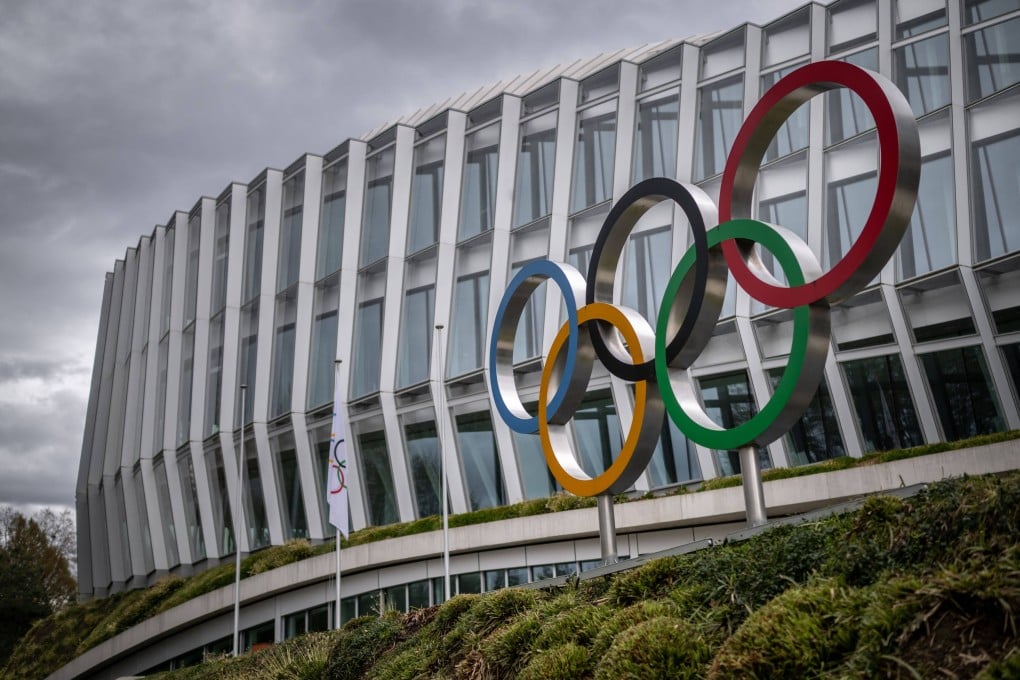Scandals, membership perks and politics: billion-dollar Olympics more than just sport
- The Games are big business and generate billions of dollars in income for the International Olympic Committee, a non-profit organisation

The Paris Olympics involve about 10,500 athletes from 200 countries or regions with history on the line – but the event is about more than just fun and games.
A giant business that generates billions of dollars in income for the International Olympic Committee (IOC), the Games are also a proxy for geopolitical influence seen through the standings in the medal tables, the presence of world leaders at the opening ceremony and the national anthems serenading gold-medal winners.
Despite claiming to be politically neutral, the IOC wields its influence with an iron first when it comes to generating the revenue that keeps it in business. Here is a look at how they operate.

The Olympics is a business
The IOC is officially a not-for-profit, non-governmental body based in Lausanne, Switzerland. It generates 91 per cent of its income from selling broadcast rights (61 per cent) and sponsorships (30 per cent). Income for the latest four-year cycle of Winter and Summer Games ending with the Tokyo Olympics in 2021 was US$7.6 billion (HK$59.3bn).
According to the organisation, it returns 90 per cent of its income back into sports, although athletes directly get only a small slice. There may be a move afoot to change that. The IOC opened a new headquarters in 2019 at a reported cost of 190 million Swiss francs (US$200m). Host nations pick up most the bills for staging the Olympics.
The cost for the Tokyo Games was officially listed at US$13bn. More than half was covered by Japanese government entities.

IOC membership perks
